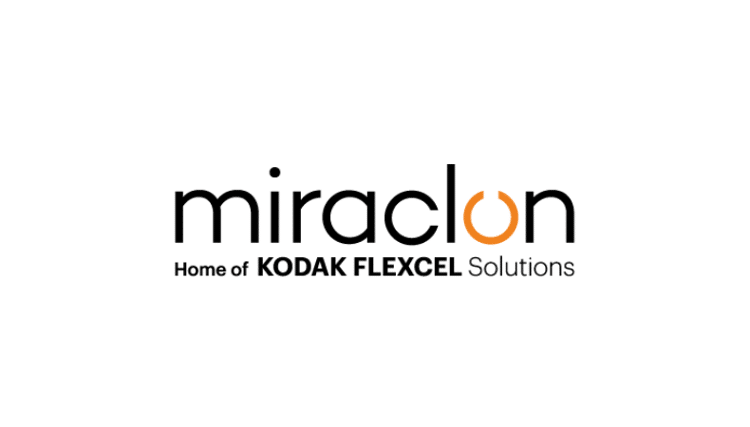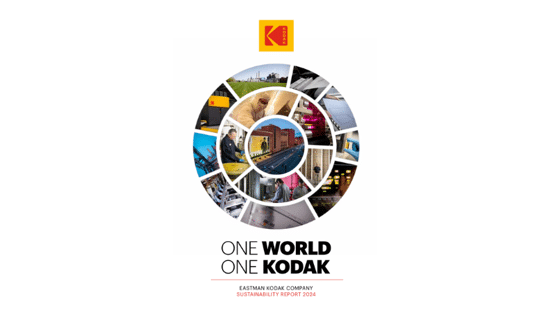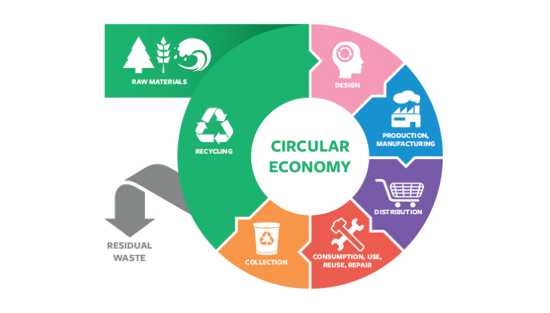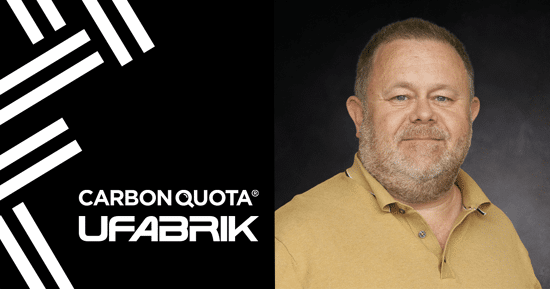Standards and certifications are important

Laurel Brunner discusses the importance of quality control and production excellence are important factors to consider for the profit in modern print production. Growing numbers of manufacturers are setting up are creating their own standards and certification programmes.
The printing industry continues to evolve away from the small trade shops of the past, as consolidation changes the nature of the business. But concerns about quality control and production excellence are still important, so ensuring consistency across multiple production sites is fundamental to profit in modern print production. This is even more important where output is fully automated and where sites have diverse workflows, producing print across different substrates.
A number of manufacturers have recognised the importance of quality control in production. In response, an increasing number are setting up their own standards and certification programmes. The idea is that customers who have successfully completed such a programme can offer their clients greater assurance and make print quality even more of a no brainer for them. The uncertainties should be fewer and the remakes nonexistent.
That was the goal for Autumn Graphics Ltd. This organisation has sites at numerous locations across the USA and Canada producing Kodak Flexel NX plates for packaging printers. Miraclon, the organisation selling these plates, has set up a certification programme based on the company’s own strict set of production expectations. Customers are evaluated according to their performance against the Miraclon criteria. The flexo platemaking standards set by Miraclon are based on a feature set designed to drive production efficiency, with repeatability and consistent quality at the scheme’s heart. The stringent requirements are supported by extensive data measurement and analysis. Miraclon has based its requirements on international standards and on the experiences of its extensive user base.
Autumn Graphics is a long term Miraclon customer, having been a user of Flexcel NX technology since 2008, serving printer customers throughout North America. For these organisations the Miraclon certification is confirmation that Autumn Graphics can produce flexo plates to the same standard across all locations. Customers can trust that plates are produced to a consistent standard which helps them to manage and control final print quality.
In an increasingly competitive and demanding market, quality control is still an important part of customer services and retention. As the industry changes and more organisations span multiple sites, a certification sets a common standard that different plants within the company can work to. In all sectors of print the development of certification programmes provides a quality management framework that supports customers’ efforts to support their own customers. And that is what our industry is all about.
Source Information: This article was produced by the Verdigris Project, an industry initiative intended to raise awareness of print’s positive environmental impact. This weekly commentary helps printing companies keep up to date with environmental standards, and how environmentally friendly business management can help improve their bottom lines. Verdigris is supported by the following companies: Agfa Graphics, EFI, Fespa, Fujifilm, HP, Kodak, Miraclon, RicohSplash PR, Unity Publishing and Xeikon.
Topics
Recent news

Kodak's 2024 Sustainability Report: A Commitment to a Greener Future
Kodak's 2024 Sustainability Report, "One World, One Kodak," demonstrates a strong commitment to environmental and social responsibility. The report highlights impressive reductions in greenhouse gas emissions (56%) and water withdrawal (31%) and aims for zero waste by 2025. Notably, Kodak is pioneering double materiality assessment in the printing industry, aligning sustainability with financial reporting, and showcasing its products' environmental benefits.

How can printers lower costs on energy usage?
Clare Taylor outlines simple steps for businesses to achieve energy sustainability, focusing on cost savings and staff comfort. It emphasises starting with measuring energy consumption to identify key areas for improvement. Subsequent steps involve managing energy use through behavioral changes and low-cost interventions, like optimizing cooling settings and ensuring equipment is switched off when not needed.

The European Union's circular economy plan
Printing companies must understand the EU's Circular Economy Action Plan (CEAP), part of the European Green Deal. These initiatives drive sustainability, impacting businesses globally, even if not EU-based, through customer requirements. Printers need to be aware of reporting and sustainability expectations to manage risks and retain clients.

A revised look at sustainability in wide format print
Sustainability is crucial for wide-format print, moving beyond marketing to an imperative driven by brands and regulations. Common "eco" claims often mask complexities; true sustainability demands carbon reduction as a core principle. Life Cycle Assessment (LCA) offers data-driven insights for genuine environmental improvement, as demonstrated by UFABRIK's transparent approach.